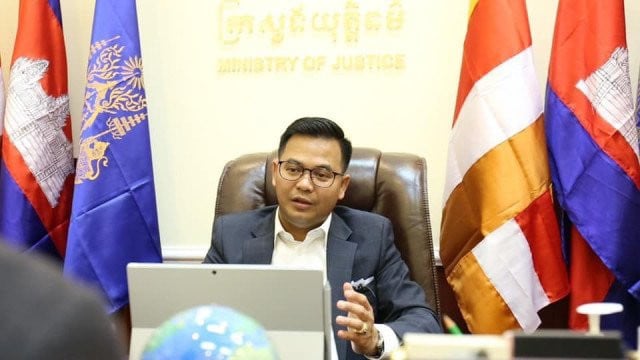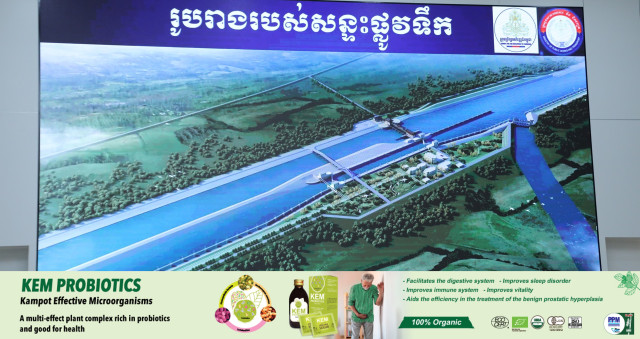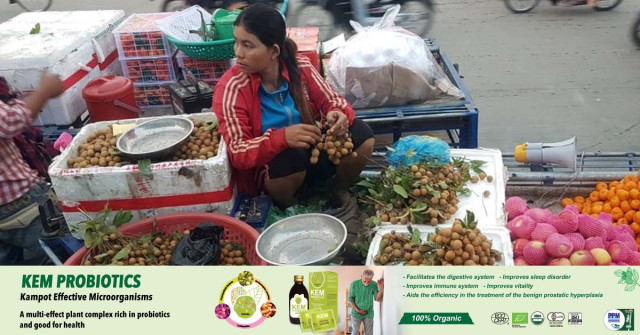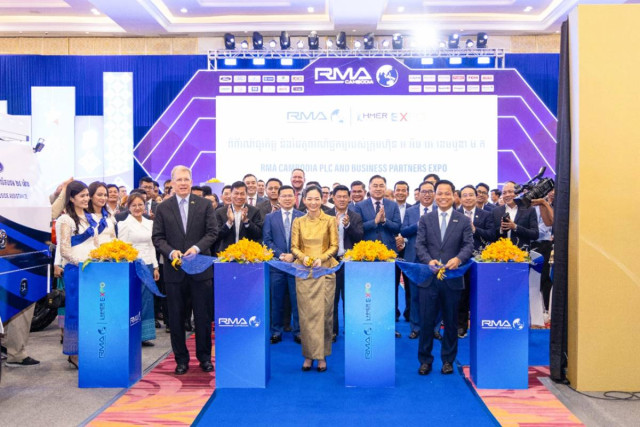Israel Welcomes Migrant Farm Workers

- By Teng Yalirozy
- December 28, 2022 2:06 PM
PHNOM PENH – Cambodia is to send about 3,000 workers to Israel in 2023. They will have five-year employment contracts as migrant farm workers protected by Israeli labor law.
Labor Ministry spokesman Heng Sour said they will not be sent under the guise of illegal trainees or interns as labor trafficking networks do in some countries.
“We have been negotiating with the Israeli government with positive results,” he said on Dec. 27.
“The Israeli government wants to implement a G2G [government to government] program, as does the Republic of Korea. We are discussing the form of this program.”
Israel is likely to increase the labor force in the agricultural sector by 2024 and open more construction markets to Cambodians, employing about 5,000 Cambodian workers, Sour said.
Those working in agriculture in Japan can return to Cambodia and go to work in Israel once their employment contracts end, he said.
Khun Tharo, program manager for CENTRAL, said Israel has advanced agriculture and needs a huge workforce to serve the sector.
However, CENTRAL had not received any information about the plan. He will need to study the case and the process of sending the workers to Israel.
If both countries could implement the G2G system well, the obstacles and the burden of the migrant workers would be greatly reduced.
Tharo said recruitment through agencies put the benefits to workers at risk, as happened in many cases in countries such as Thailand and Malaysia.
“Many workers have had their labor exploited while their labor rights were violated,” Tharo said. “This is our concern if the recruitment is done with a proper system.”
He pointed out that sending workers to other countries means losing the potential workforce for the nation’s development.
Some Cambodians do not want to migrate, but circumstances force them as they are indebted and desperately need to make ends meet for their families.
“Any migration agreement should have zero recruitment fee,” said Tharo. “It would reduce the expense and help the workers a lot.”
Heng Sour said that in 2023, the Ministry of Labor, through the Committee for Training and Sending Workers Abroad, will expand cooperation with South Korea to supply seasonal labor markets.
Most seasonal workers start in early March and July of each year. Korean cities and counties had asked for about 4,000 workers, mostly for farming. The Labor Ministry has been cooperating with 16 cities and counties and exchanged information with 12 other counties.















